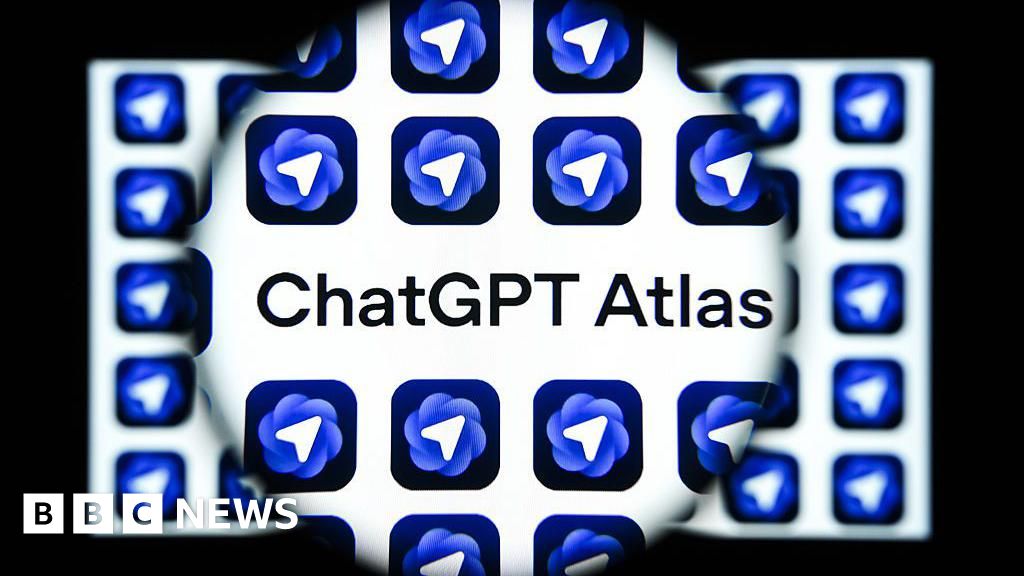OpenAI launched Atlas, an AI powered browser that adds contextual answers, agent like assistance, and citation links directly into browsing. Its real advantage depends on subscription uptake, privacy assurances, and extension support for productivity workflows and enterprise use.

OpenAI launched Atlas on 26 October 2025 as an AI powered browser that embeds contextual answers, agent like assistance, and citation links into the browsing experience. The product frames a new comparison point in the market dominated by Google Chrome and asks a practical question for businesses and professionals: is the subscription worth it for productivity gains and privacy assurances?
Browsers remain the primary interface for most online work, yet many workflows force frequent context switching. Atlas aims to reduce that friction by offering on page summaries, a browser with built in AI assistant, and workflow automation with AI that can draft, extract, or act on page content with minimal direction. For teams focused on repeatable tasks, these features can be a clear time saver.
If a focused set of professionals adopt Atlas it could push incumbents to add comparable AI features and clearer data policies. For organizations considering a pilot, assess the ROI of the subscription for targeted workflows, examine data residency and logging practices, and test extension compatibility for bespoke tooling.
To help content about Atlas rank in AI Overviews and search, focus on E E A T signals, practical examples, and question style queries. Target long tail phrases such as "best AI browser for research and productivity", "AI browser vs traditional browser for privacy", and "is the Atlas subscription worth it 2026". Use action verbs to guide readers through awareness and decision stages: discover, evaluate, optimize, migrate, subscribe.
Atlas provides citation links and processing transparency but organizations should evaluate what content is sent to OpenAI and how it is stored. Ask whether the product supports privacy first controls and data residency options before migrating sensitive workflows.
For many casual users the practical benefits are modest. Atlas is more likely to win among professionals who need workflow automation and inline intelligence that reduces repetitive effort. Consider whether subscription value and extension support meet your team needs.
Repeatable tasks such as compiling research, drafting emails from web content, summarizing long documents, and filling structured forms see immediate gains. Run a small pilot to measure time saved and clarity of data flows.
Atlas is a strategic test that reframes browser competition around AI driven productivity rather than only extensions and raw speed. Businesses should pilot Atlas in controlled environments, evaluate subscription ROI for mission critical workflows, and monitor how quickly OpenAI closes integration and privacy gaps. Over the next year the browser that combines robust AI assistance, clear data governance, and an open extension ecosystem will define the new standard for web based productivity. Discover whether Atlas fits your stack, evaluate its subscription packages, and plan migration paths only after testing compliance and extension needs.



